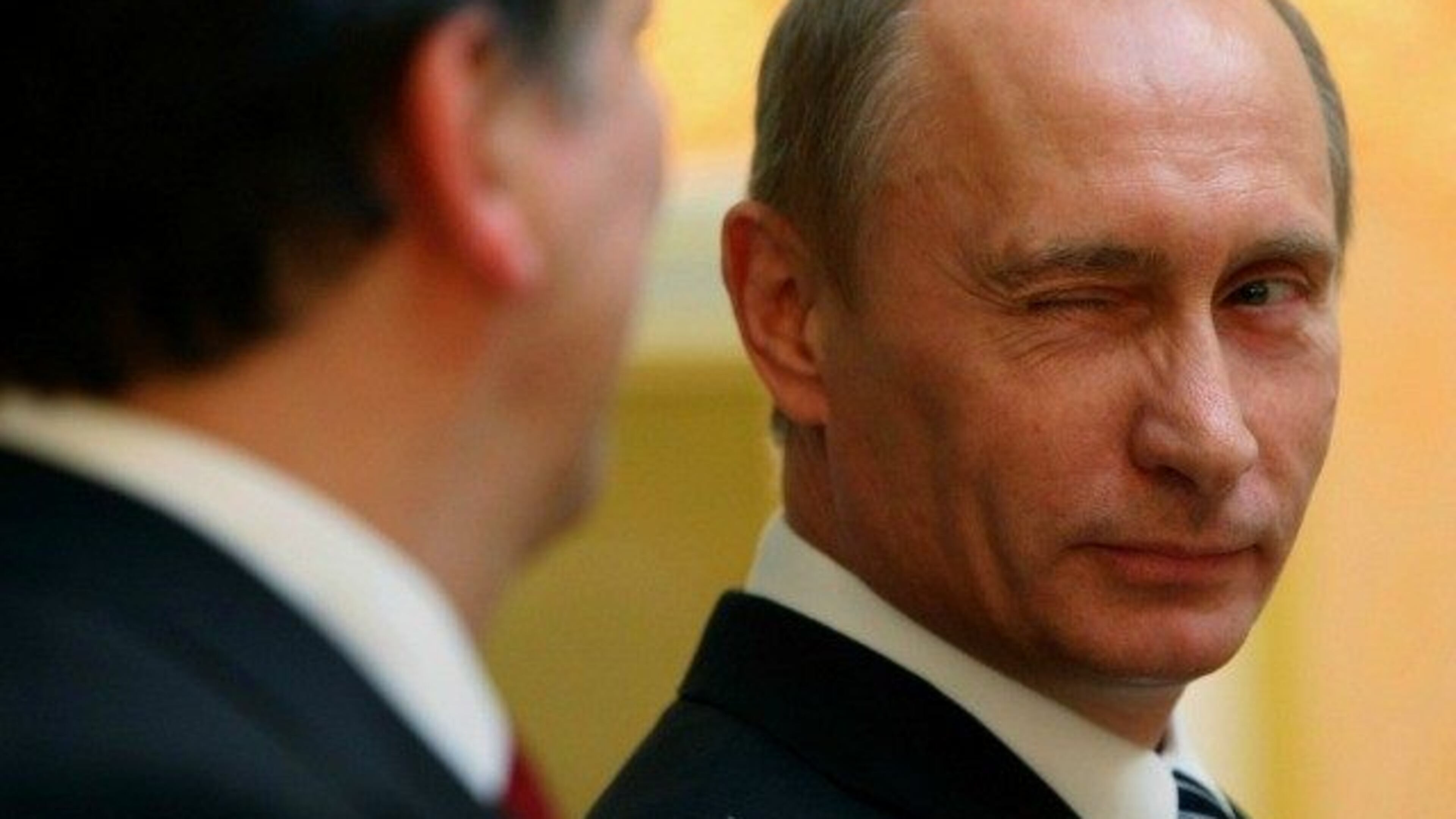The question of Russian interference demands an answer

It is the opinion of professionals at all U.S. intelligence agencies -- from the Central Intelligence Agency to the Defense Intelligence Agency to the Federal Bureau of Investigation -- that Russia actively attempted to and succeeded in interfering with the 2016 presidential election.
"The U.S. intelligence community is confident that the Russian government directed the recent compromises of e-mails from U.S. persons and institutions, including from U.S. political organizations," the agencies reported in a joint statement in October. "We believe, based on the scope and sensitivity of these efforts, that only Russia's senior-most officials could have authorized these activities."
And by "Russia's senior-most officials," they mean Vladimir Putin.
Private cyber-security experts who have examined the available evidence have come to the same conclusion as their counterparts in government: The hacks of emails from Democratic Party officials were planned and perpetrated by the Russian government, which then stage-managed their release for maximum political impact.
Now, some people still don't believe that. For example, it remains the opinion of President-elect Donald Trump that such claims are nonsense. Despite being briefed on the still-classified evidence, he dismisses the multi-agency conclusions of our intelligence professionals, arguing that their finding was driven by political pressure from the Obama administration, not by the evidence.
In fact, Trump continues to claim, as he does in a new interview with Time, that the hacking could have been perpetrated by almost anyone with a computer, an Internet connection and some mad skills. "I have a son, he's 10 years old," Trump explained in one debate. "He has computers. He is so good with these computers, it's unbelievable."
Let me put this gently: A 70-year-old astonished by the computer wizardry of a 10-year-old might not be the most sophisticated judge of the evidence in such a case. Furthermore, Trump's reluctance to accept the evidence is understandable simply as a matter of human nature. He's trying to claim a mandate for vast political change, which is already complicated by the fact that he lost the popular vote by some 2.7 million votes. The likelihood that he came to power with help from Putin and his government might tarnish that victory further and raise a whole lot of other uncomfortable questions.
So for argument's sake, let's label the assertion of Russian interference as "unproved." Should we be content to leave it in that status? Is an allegation of direct interference in U.S. elections by an unfriendly power something that should just be swept under the rug and forgotten, as if it never happened, or does it require full investigation and exposure?
As Sen. Marco Rubio has pointed out, anybody who takes a purely partisan approach to such questions is extremely short-sighted, because doing so is “an invitation to chaos and havoc.” "Today it is the Democrats. Tomorrow it could be us,” Rubio warned his fellow Republicans. More precisely, it could also be individual Republican politicians who dare to advocate a much tougher line with Russia than does Trump.
“Do we really want to be a country where foreign leaders or foreign intelligence agencies can blackmail our elected officials and say to them that unless you do what we want you to do, we’re gonna release emails from your campaign manager, your wife, your daughter, your son, and we’re gonna embarrass you," Rubio warned. "Is that what we want?”
I don't think that's what we want.
Because we don't want to prejudge the outcome of such an investigation, we should also allow for the possibility that Trump is right. However, if U.S. security and intelligence professionals were indeed strong-armed by the Obama administration into producing this finding, isn't that something that we ought to know as well? If Trump honestly believes that's what happened, then the president-elect ought to insist on a full bipartisan probe to identify and fire those who exerted such pressure and who caved to such pressure, and to clear his own record.
After all, we already have men such as retired Gen. Michael Hayden, appointed to serve as CIA director under President George W. Bush, publicly categorizing Trump by the Russian term "polezni durak."
"That’s the useful fool, some naif, manipulated by Moscow, secretly held in contempt, but whose blind support is happily accepted and exploited. That’s a pretty harsh term, and Trump supporters will no doubt be offended. But, frankly, it’s the most benign interpretation of all this that I can come up with right now."
The best way for Trump to repudiate such claims would be to endorse a bipartisan, public investigation into allegations of Russian interference in our national elections. We'll see if that happens.
